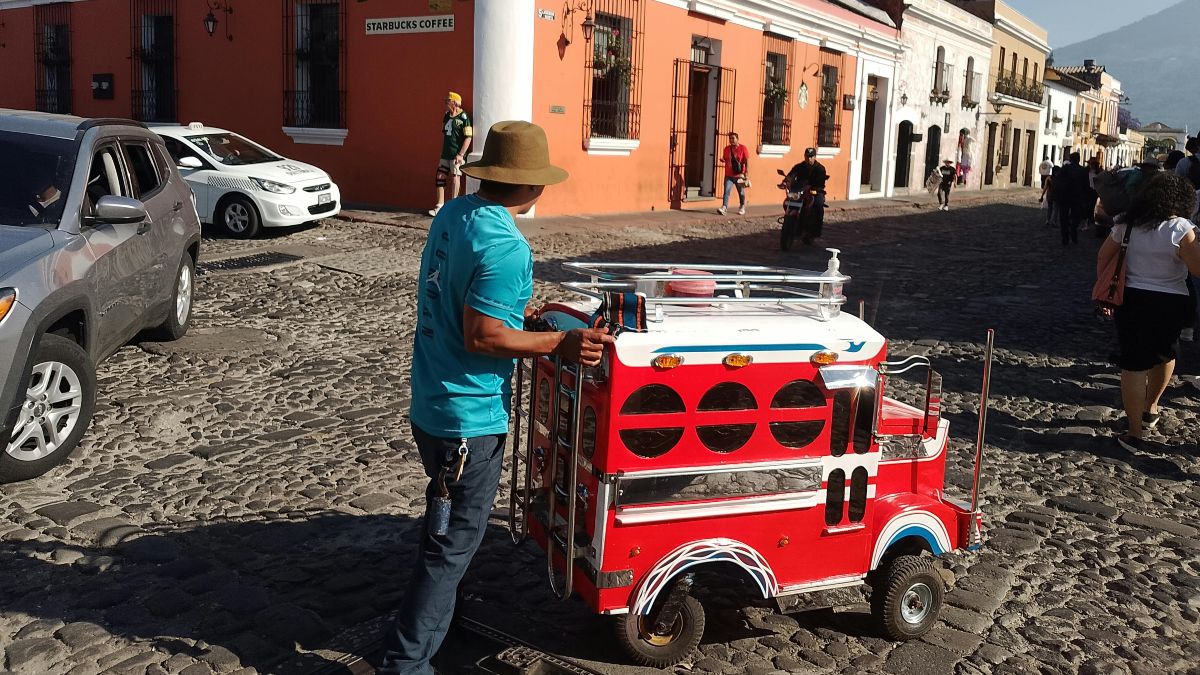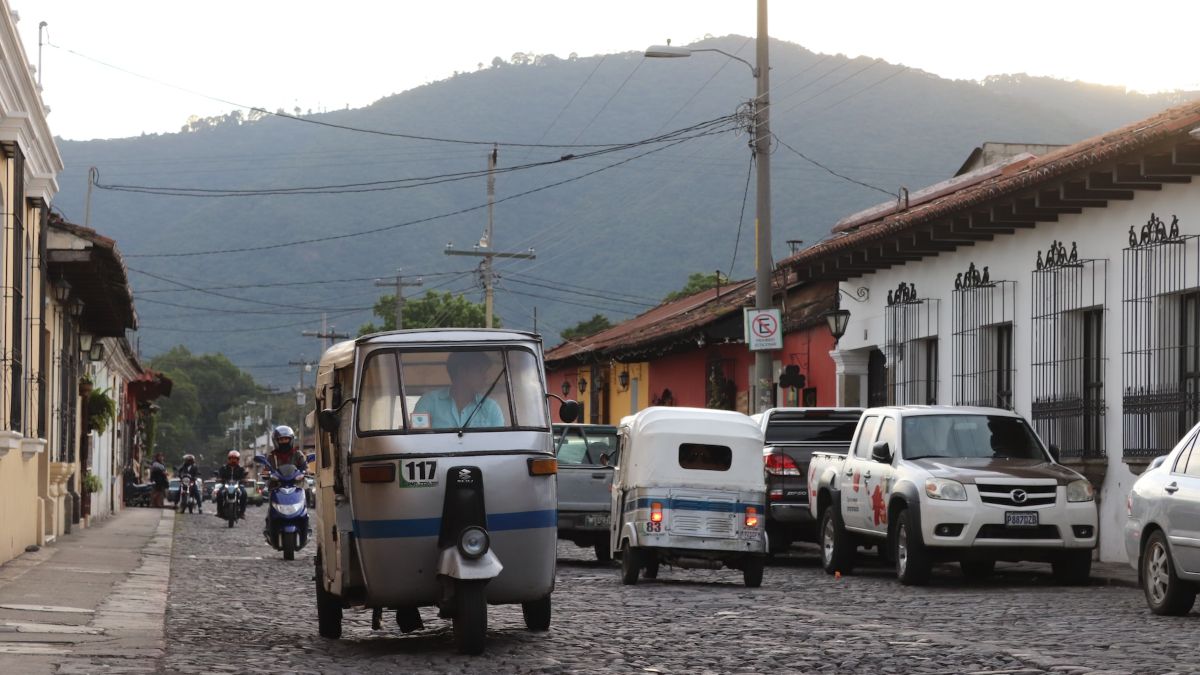Following his recent piece about the impact on Guatemala of a Republican win in the upcoming November elections in the United States, Nestor Quixtan now turns his attention to the Democrats.
A Democrat administration in the White House would maintain the status quo in Guatemala and Central America. A November victory by Vice-President Kamala Harris would hardly represent a political upheaval in Guatemala.
Unlike a Republican win, a Harris administration would strive to maintain many of Joe Biden’s policies.
Here’s a deeper look at three major points reflecting how a Democrat administration in the United States could impact Guatemala for the next half-decade.
Immigration Policy
Unlike former President Donald Trump’s promises of mass deportations, Ms. Harris offers a more balanced approach to immigration. She proposes cracking down on illegal immigration while offering undocumented residents a path to citizenship. Her policies focus more on supporting legal immigration and curbing human trafficking organizations.
NPR noted that Vice-President Harris has worked to create bilateral ties with countries like Mexico and El Salvador. In Guatemala, she has held in-person meetings and video conferences to address immigration with local authorities. These meetings have led to joint efforts to control the flow of migrants, particularly those coming from South America through Central America.
It remains to be seen if Ms. Harris’ offers of a balanced immigration policy are feasible. Significant pushback in the U.S. to address the “border invasion” exists. Therefore, Guatemalan authorities would need to lobby their American counterparts to ensure the best possible outcome on immigration.
Guatemala braces for potential US policy shifts. Explore the possible impacts of the upcoming election on Central America’s largest economy.https://t.co/obEbhN0cRW
— Central America Living (@VidaAmerica) September 16, 2024
Economic Impact
With immigration largely unchanged, Guatemalans shouldn’t expect to see substantial economic influence. A more lenient immigration policy means workers in the U.S. would continue sending remittances back to Guatemala. This vital economic lifeline would continue to support thousands of Guatemalan households.
A Democrat administration could mean further foreign aid to Central America. As the State Department notes, foreign aid to Guatemala aims to address the root causes of migration. Funds for Central America would seek to create a more favorable environment to reduce migration to the U.S.
Specifically, foreign aid under programs such as Vice-President Harris’ Central America Forward Initiative aims to pump investment dollars into Central America to create favorable business conditions.
Unless the U.S. plunges into a full-blown recession, the Guatemalan economy should continue a period of relative stability with moderate inflation. If the U.S. economy does enter a recession, it would likely drag Guatemala along with it.
Continued U.S. Support
Foreign aid to Guatemala would need to continue to reduce the flow of Central American migrants. Current foreign aid has focused on supporting the Guatemalan government’s fight against corruption and bolstering the rule of law. However, the Guatemalan government has become increasingly dependent on U.S. dollars to fund such initiatives. If American dollars cease to flow toward these initiatives, the likelihood of Guatemala funding them is practically nil.
Here, the U.S. must pay close attention to Guatemala and Central America. If the U.S. suddenly halts its foreign aid to Guatemala, the chance of Guatemala turning to China increases exponentially.
Such overtures have already been seen in Honduras and Nicaragua. What’s to stop Guatemala from accepting support from China if the U.S. decides to back away? The U.S. could face a situation where significant Chinese influence in the region shapes local government policies, potentially affecting relationships between the U.S. and longtime allies.
As a result, the U.S. must carefully weigh its foreign aid decisions to Central America. While the aim is not to create states dependent on U.S. support, there is increasing concern about encroachment from other leading nations.
Conclusion
A Democrat administration would largely maintain the status quo for Central America. Given the ideological affinities between the Bernardo Arevalo administration in Guatemala and the Democrats in the U.S., a President Harris administration would not represent a significant departure from the current state of affairs.
However, the U.S. may need to enforce a stricter immigration policy, especially if domestic pushback increases. If so, the U.S. would need to work with local authorities in Central America to ensure commitment on all sides. Otherwise, a sudden decline in U.S. support to Central America may only exacerbate current issues facing both regions on numerous fronts.
Nestor Quixtan is a Canadian/Guatemalan economist, linguist, and writer. He lives in Guatemala City.




